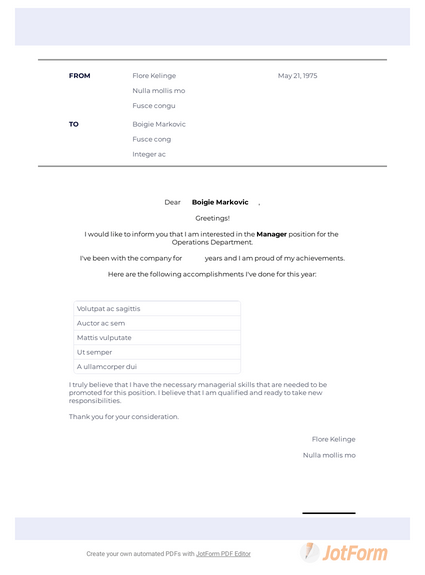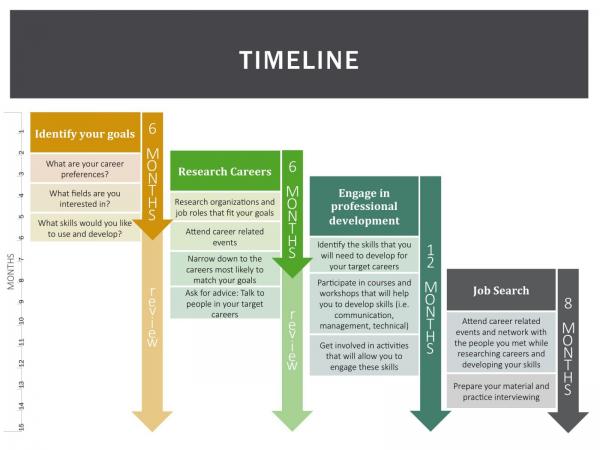
Some of the most valuable advice for graduates revolves around the concept of work-life balance. A recent survey showed that 70% of people regard work-life harmony as their top priority when looking for new jobs. People are looking for other jobs to balance their work and personal lives, given that the average person in the working class works over 50 hours per week.
Work-life balance
Research shows that graduate students have six times as much anxiety and depression as the general population. It is therefore important to ensure that they are able to balance work and personal life. GradHacker's article on maintaining your personal, physical, and social health while working and studying is just one example of many.
It is important to find a balance between your work and personal obligations to prevent job burnout. A healthy work-life balance can be especially important for those just starting out in their career. This includes setting healthy boundaries and investing your career development.

Prioritizing development over money
College graduates should be more concerned about their career and growth than the monetary pay. Money is important but should not be the top priority. Graduate hiring managers should concentrate on potential growth and development opportunities in their companies, not money. Insider interviewed C-suite executives to discuss their views on the topic.
The University of British Columbia conducted a survey of 1,000 recent graduates. Questionnaires were given to the graduates asking which value they place more on time and money. A year later, students who prioritized their time were happier. After adjusting for baseline happiness, and using other model specifications, this finding was consistent. Therefore, the study found that the tendency for people to value time more than money will remain even after a year in reality. This is because they are looking for intrinsically rewarding tasks.
Picking a job you love
When looking for a job, it is important to choose a career that aligns with your values. This will give a sense and guideline to your best choices. You might feel unfulfilled, depressed, and drained when your values aren’t aligned with the job you have. These symptoms can be mild or severe.
There are many ways to determine if your career choice is in line with your values. For example, your values may relate to financial security or a sense of work-life balance. Your personality may also influence your values. Some people are more career-oriented then others. This means that they might be more suited for a career that offers flexibility and offers more work-life balance.

Take advantage of opportunities that arise after graduation
It doesn't matter if you are just graduating or if you are thinking about pursuing a postgraduate degree. There are many ways you can expand your skills and gain international experience. You can join a volunteer organization or professional society at your university and meet others with similar interests. These opportunities are a great way to get experience in the real world and learn about possible career paths. They can also help you get a feel for what you should expect once you are in the workforce.
You can earn a bachelor's to help you prepare for your chosen career. You can also decide to go on to a post-graduate degree program that will teach you the specific skills necessary in your field. This can help secure an entry level position in the industry you choose.